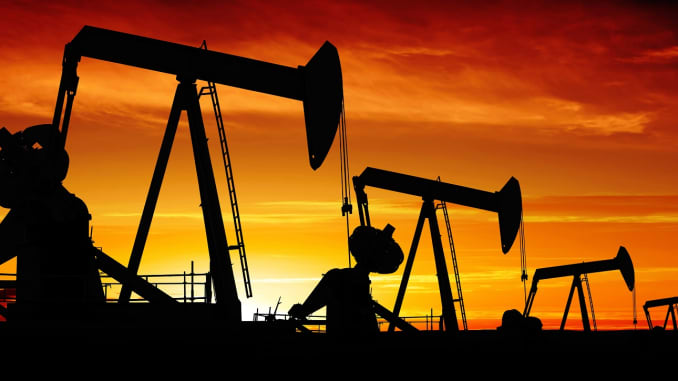How Oil Companies Operate Safely Offshore
One of the biggest issues with offshore drilling is the risk to the environment. An oil spill can cause devastation to the ocean and its inhabitants.
For this reason, the oil industry undergoes strict regulation, and oil companies take safety seriously. Through combined efforts of regulatory agencies and oil companies, it is possible to avoid disasters associated with oil rigs.
Regulations for the Industry
According to the U.S. Energy Information Administration offshore drilling is very important in the U.S. because it provides the majority of the oil and natural gas we use for energy. Even so, regulation of this industry is mandatory to ensure the safety of employees and the environment.
When it comes to ensuring oil companies are doing everything they can to protect the environment, there is a collaborative effort between the Bureau of Ocean Energy Management and the Bureau of Safety and Environment Enforcement. These agencies manage the resources involved and the development of offshore drilling locations by private companies.
Regulations put into place testing, such as that done with the Subsea test tree, and other requirements that an oil company must do to maintain their rigs and to ensure they are operating safely. Additional regulations may come from the states whose border the company is operating its rig off.
Preventing and Reacting to Spills
Oil companies work with other companies within the industry, such as PRT Offshore, to ensure they have the tools and other things they need to react to any issues that come up with their offshore operations. This work and collaboration are to prevent spills from happening in the first place.
These companies always have a focus on safety for employees and on keeping their operations safe for the environment. They work hard to put safeguards in place to help stop leaks or other problems that could lead to an oil spill. However, not every situation is predictable and things happen despite the best intentions and planning.
The general goal is to have plans in place to act quickly to potential issues. Whether this is an alarm going off that signals an issue or a simple report that something could be wrong, the company has a plan in place to react fast and stop the issue as quickly as possible.
If a spill happens, they also have plans in place to get mitigation measures in place fast to contain the spill and begin to clean up. This helps to minimize the impact of the spill and contain it in a small area.
A Safer Industry
Through the regulation, testing tools, and collaborations, the oil industry is able to have plans in place that increase the safety of the industry overall. In fact, offshore drilling is at its safest point in history right now with a good outlook for even better safety in the future.
